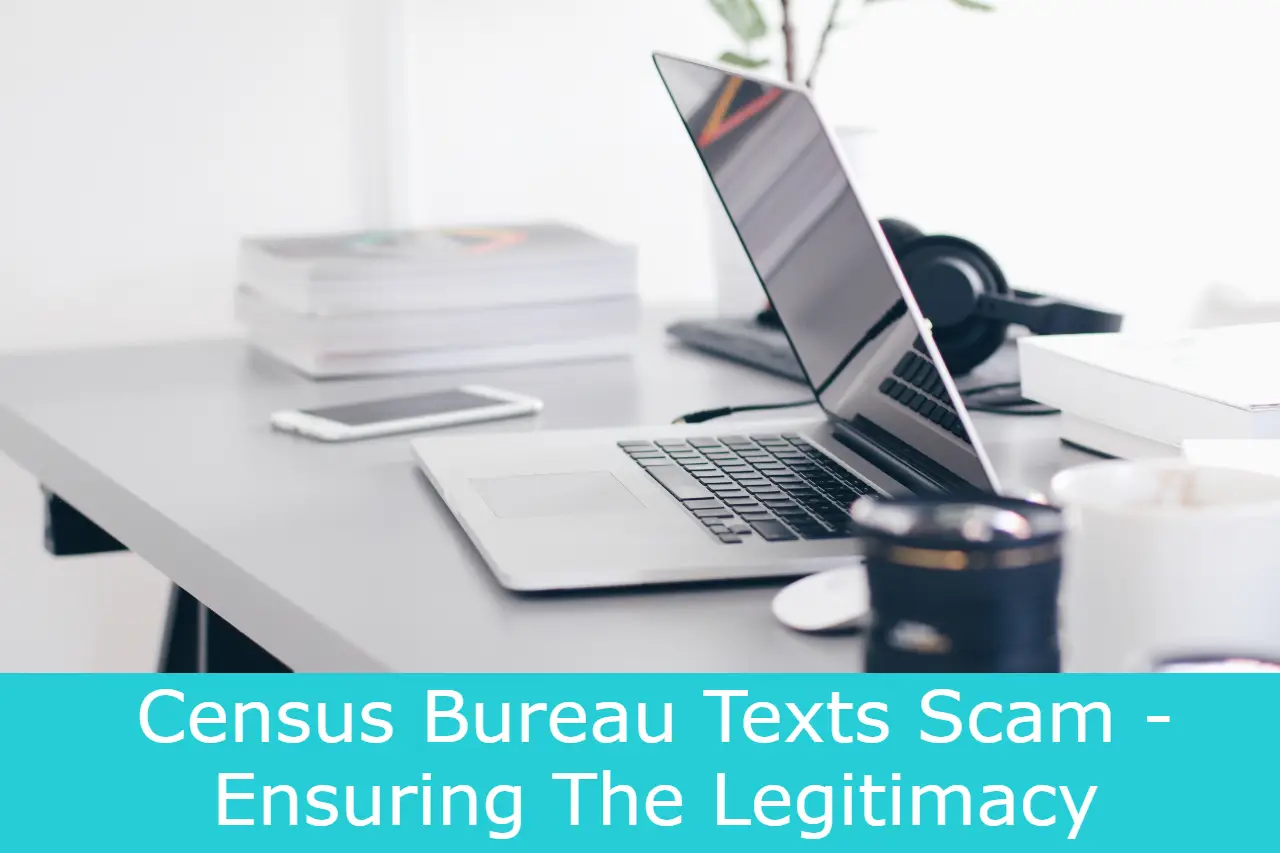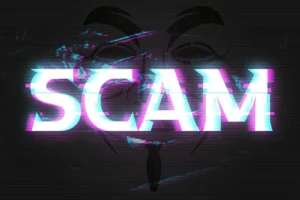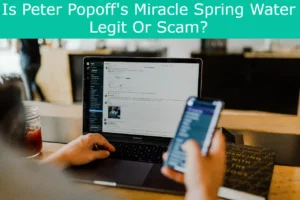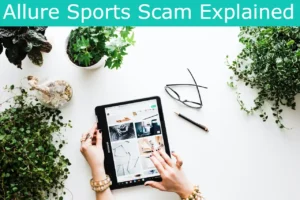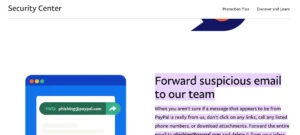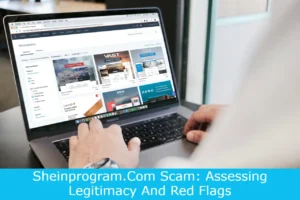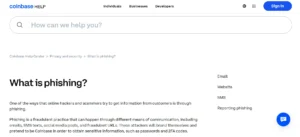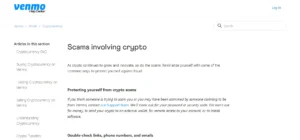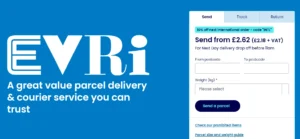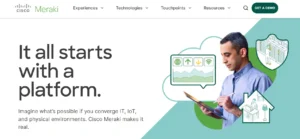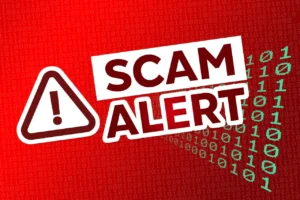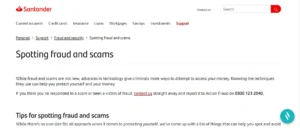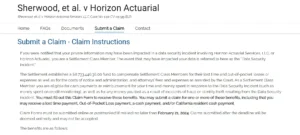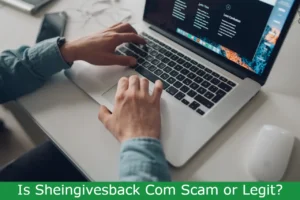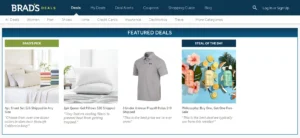Census Bureau Texts Scam – The legitimacy of Census Bureau surveys and contacts is of utmost importance to protect individuals from fraud and scams. Verifying the authenticity of a Census Bureau survey involves searching the Census Bureau’s list of surveys by name and understanding the purpose and utilization of the survey.
When verifying a Census Bureau mailing, individuals must scrutinize the envelope information and confirm the presence of the ‘U.S. Census Bureau’ or ‘U.S. Department of Commerce’ in the return address. Mailing originating from the Census Bureau’s mail processing center in Jeffersonville, IN is deemed legitimate.
For email or text messages received from the Census Bureau, one must ensure that the sender’s domain is @census.gov, and text messages should originate from the number 39242.
In the case of interactions with Census Bureau field representatives, it is crucial to verify their identity through the Census Bureau Staff Search and ascertain the possession of the appropriate identification badge and official equipment.
To mitigate the risk of fraud, individuals should remain well-informed and consult the Census Bureau Staff Directory for contact information, reaching out to the Regional Offices when necessary.
Census Bureau Texts Scam – Identifying Census Surveys
One way to verify the legitimacy of a Census Bureau survey is by searching the Census Bureau’s list of surveys by name. The Census Bureau conducts surveys on various subjects such as households, businesses, schools, and hospitals.
Understanding the purpose and importance of Census Bureau surveys is crucial in ensuring their legitimacy. These surveys provide valuable data and information that are used to make important decisions at various levels, from government policies to resource allocation.
For example, household surveys help determine funding for education, healthcare, and infrastructure development. Business surveys provide insights into economic trends and inform decision-making for businesses and industries. Surveys of schools and hospitals help improve the quality and accessibility of education and healthcare services.
By participating in these surveys, individuals contribute to the accuracy and effectiveness of the data collected, which ultimately benefits their communities and society as a whole.
Verifying Mailing
To verify the authenticity of a mailing received, individuals can check the envelope information. Specifically, they should look for the presence of the ‘U.S. Census Bureau’ or ‘U.S. Department of Commerce’ in the return address. The return address plays a crucial role in determining the legitimacy of the survey or letter.
Additionally, if the return address includes ‘Jeffersonville, IN’, it indicates that the mailing has been processed by the Census Bureau’s mail processing center. This information helps individuals ensure that the mailing is indeed from the Census Bureau.
As the Census Bureau conducts over 100 surveys annually, it is important to carefully examine the envelope to confirm its legitimacy. By following these steps and being vigilant about the return address, individuals can verify the authenticity of a Census Bureau mailing.
Verifying Email or Text
Verifying the authenticity of an email or text message from the Census Bureau can be done by checking if the sender’s email address is from the @census.gov domain. It is important to verify these contacts to ensure the legitimacy of the communication and protect oneself from potential scams.
Fraudulent emails or text messages may attempt to gather personal information or request payment for participation in a survey. Signs of fraudulent emails or text messages may include misspellings, grammatical errors, requests for sensitive information, or promises of prizes or rewards for participating in a survey.
By being vigilant and verifying the source of the email or text message, individuals can help protect themselves from becoming victims of fraud.
Identifying Field Representative
When identifying a field representative, it is important to look for an ID badge that includes their name, photo, Department of Commerce watermark, and expiration date. This badge serves as a verification of their identity and affiliation with the Census Bureau.
Field representatives undergo extensive training to ensure they are equipped with the necessary skills and knowledge to conduct interviews and collect data accurately.
They are required to meet certain qualifications, including passing a background check and demonstrating good communication and organizational skills.
Fieldwork is conducted between 9 am and 9 pm, local time, to ensure the convenience and safety of respondents.
If there are any doubts about the legitimacy of a field representative, individuals can verify their identity through the Census Bureau Staff Search or by contacting their Regional Office.
Avoiding Fraud and Scams
One way to protect oneself from potential fraud and scams is by familiarizing oneself with the proper procedures and information provided by the Census Bureau.
When participating in the census, it is important to be aware of tips for protecting personal information. The Census Bureau is committed to making the 2020 Census safe and provides guidance on how to stay safe during participation.
It is crucial to verify the legitimacy of any Census Bureau survey, mailing, or contact. Recognizing the red flags of census scams is essential in avoiding fraudulent activities.
The Census Bureau provides resources and information on how to identify and avoid scams, including tips on verifying the legitimacy of surveys, mailings, and field representatives.
By following these guidelines, individuals can ensure their personal information is protected and avoid falling victim to census-related fraud and scams.
Verifying Phone Calls
To verify the authenticity of a phone call claiming to be from the Census Bureau, individuals should carefully examine the provided contact information and cross-reference it with the official Census Bureau Staff Search or call the numbers provided on the official Census Bureau website. This will help ensure that the phone call is legitimate and not a fraudulent attempt to gather personal information or scam individuals.
Here are some tips for identifying fraudulent phone calls from the Census Bureau:
Beware of callers who request personal information, such as Social Security numbers or bank account details. The Census Bureau will never ask for this information over the phone.
Pay attention to the tone and language used by the caller. Legitimate Census Bureau representatives will maintain a professional and respectful demeanor.
If you suspect a phone call is fraudulent, report it immediately to the Census Bureau by calling the official phone number listed on their website. Providing details about the call can help protect others from falling victim to scams.
Frequently Asked Questions
What should I do if I receive a survey from the Census Bureau that I did not participate in or request?
If you receive a survey from the Census Bureau that you did not participate in or request, you should verify its legitimacy by contacting the Census Bureau directly. Reporting fraudulent census surveys is important to ensure data accuracy and prevent scams.
How can I verify the legitimacy of an email or text message claiming to be from the Census Bureau?
To verify the legitimacy of Census Bureau emails or texts, look for the sender’s address ending in “@census.gov”. Be cautious of any requests for personal information or payment. Report suspicious emails or texts to the Census Bureau.
Are there any specific signs or indicators to look for on a mailing to determine if it is from the Census Bureau?
Mailing indicators that a letter is from the Census Bureau include checking the return address for “U.S. Census Bureau” or “U.S. Department of Commerce” and looking for “Jeffersonville, IN” as the mail processing center. Report fraud to the Census Bureau.
What should I do if a field representative claiming to be from the Census Bureau shows up at my door but I am unsure of their identity?
If a field representative claiming to be from the Census Bureau shows up at your door and you are unsure of their identity, it is important to prioritize personal safety. Verify their identity by checking for their ID badge, contacting the Census Bureau Staff Search, or reaching out to the Regional Office.
How can I report potential fraud or scams related to the Census Bureau?
To report potential fraud or scams related to the Census Bureau, individuals should contact the Census Bureau directly through their website or by phone. They should also educate others about census bureau fraud prevention measures to protect personal information.
Also Read
Is Borodex.Com A Legit Investment Site Or A Risky Scam?
Is Carfromjapan.Com Legit Or A Scam? Unveiling The Truth
Also Read
Pure Leaf Grant Scam – Pure Leaf’s No Grants Contest!
Clissal Shop Scam: A Warning For Online Shoppers
Also Read
Is Briar Travel Legit or a Scam? Unforgettable Bahamas Vacations!
Is Adorama Legit or a Scam?: Can You Trust Them?
Also Read
Waterparksale.Com: Is It Legit Or A Scam? Avoid Shopping Scams
Is Tx.lotto.com Legit or a Scam? Unlock Your Lottery Dreams
Also Read
Is Fragrancenet.com Legit? Discover Affordable Fragrances!
Is Designer Optics Legit? Designer Optics Delivers Style And Function
Also Read
Liclothina Scam – Is This Clothing Store Legit or a Scam?
Social Oasis Reviews – Is Social Oasis Legit or a Scam?
Also Read
Cyberselectivedeals.com a Scam or Legit? Beware Of Scammers
Is Mahee Consulting Services Legit or a Scam? Unveiling The Suspicion
Also Read
Is Docupdate Legit or a Scam? Unveiling Docupdate Scam
Is Rabbitstrict.com Legit? Rabbitstrict.com Scam Store Alert!
Also Read
Is University Cask Scam Or Legit? Uncovering The Truth
Vuletti Jewelry Reviews: Legit Or Scam? Uncovering The Truth
Also Read
Is Fokups Scam or Legit? – Fake Usps Website Threat
Is Enroll.Krollmonitoring.Com Scam or Legit? Website Reviews
Also Read
Is Peter Popoff’s Miracle Spring Water Legit Or Scam? Explained
Fivehuge.com Scam or Legit? Assessing The Legitimacy Of Fivehuge.Com

